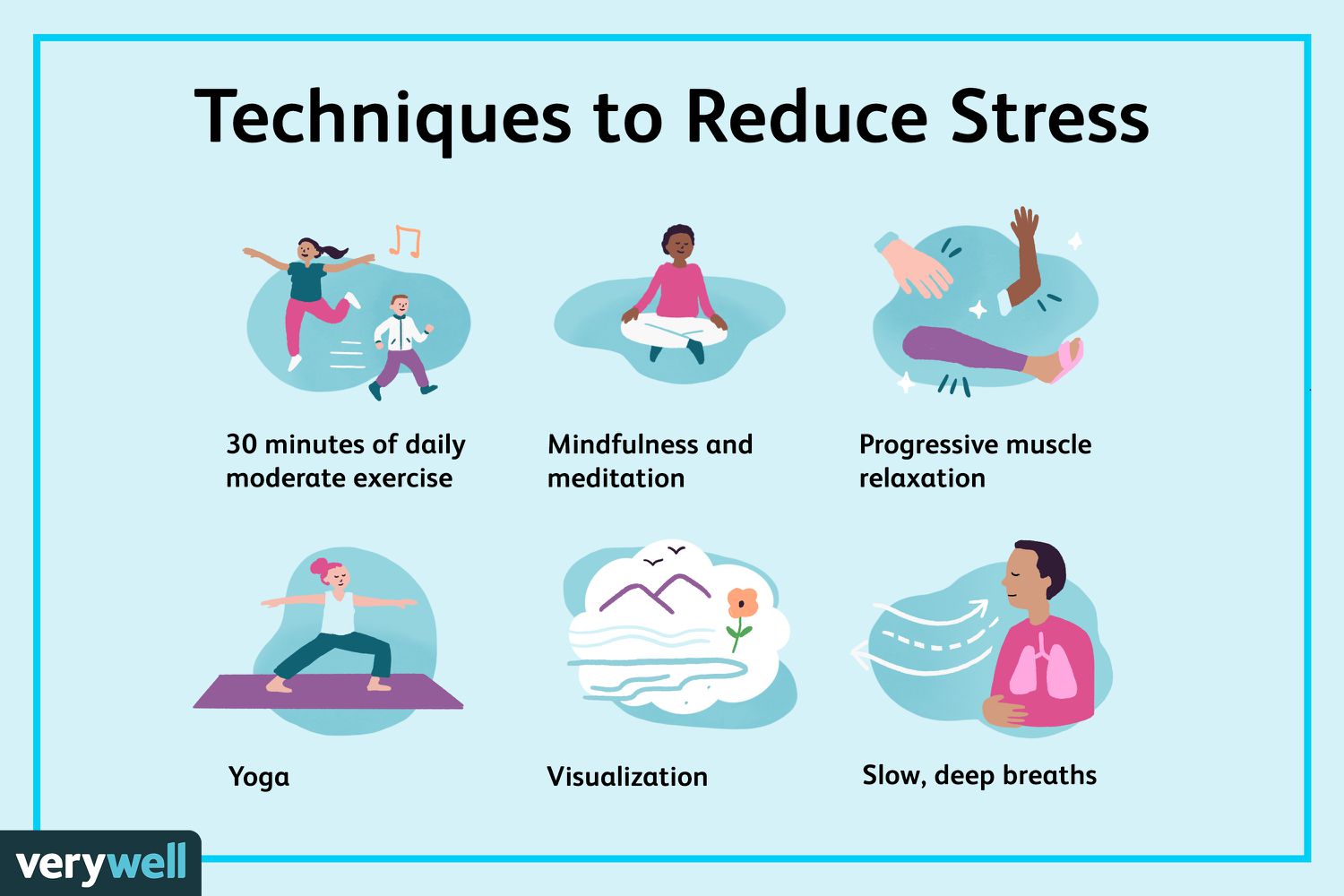Take our scientifically-validated Perceived Stress Scale assessment to gain insights into your current stress levels and receive personalized recommendations.
Start AssessmentThe Perceived Stress Scale (PSS) is the most widely used psychological instrument for measuring the perception of stress. Developed in 1983 by psychologists Sheldon Cohen, Tom Kamarck, and Robin Mermelstein, the PSS has become a standard tool in stress research.
At VitalMindedCo, we've adapted this validated assessment to help you gain awareness of your current stress levels. Our version uses the 10-question format (PSS-10), which has been shown to be reliable and valid across numerous studies with diverse populations.
Stress is your body's response to challenges or demands. While some stress can be beneficial, chronic stress can negatively impact both physical and mental health. The PSS doesn't measure the stressors themselves, but rather how unpredictable, uncontrollable, and overloaded you find your life to be.
This tool is designed for self-assessment and educational purposes only. It is not a diagnostic tool and should not replace professional medical advice. However, understanding your perceived stress levels can be the first step toward developing effective coping strategies.
After completing the assessment, you'll receive your score along with context about what it means. We'll also provide science-backed resources to help you manage stress more effectively, from mindfulness techniques to lifestyle adjustments that can build resilience.
Our tool is based on the widely-used PSS-10 questionnaire, which has been validated in numerous studies with diverse populations.
Your responses are never stored or shared. This is for your personal insight and growth.
Receive personalized recommendations based on your score to help you manage stress more effectively.
Respond to each question based on how you've felt in the last month. There are no right or wrong answers.
The assessment includes 10 questions and takes about 3-5 minutes to complete.
After submitting, you'll receive a score between 0-40 indicating your perceived stress level.
Based on your score, you'll get personalized resources to help manage your stress.
The questions in this scale ask you about your feelings and thoughts during the last month. In each case, please indicate how often you felt or thought a certain way.
Note: This tool is for self-assessment and educational purposes only. It is not a diagnostic tool and should not replace professional medical advice.

Discover simple yet powerful mindfulness practices that can help calm your mind and reduce stress in just minutes a day.
Read More →
Learn about the science behind exercise and stress relief, plus practical tips for incorporating movement into your routine.
Read More →
Explore how sleep and stress influence each other and get evidence-based tips for improving both.
Read More →
Learn which foods support your body's stress response and how to build stress-resilience through diet.
Read More →
Discover practical strategies for managing your time and priorities to reduce overwhelm and stress.
Read More →
Learn several evidence-based breathing techniques that can help you regain calm in stressful moments.
Read More →"Taking the PSS assessment was eye-opening. I didn't realize how stressed I actually was until I saw my score. The recommended resources helped me develop healthier coping mechanisms."

Teacher, 34
"I've retaken the assessment every few months as I've implemented stress management techniques. Seeing my score improve has been incredibly motivating."

Software Developer, 28
"The mindfulness techniques recommended based on my score have transformed how I handle work stress. I'm more productive and much happier."

Marketing Director, 41
The Perceived Stress Scale (PSS) is a psychological instrument developed in 1983 to measure the degree to which situations in one's life are appraised as stressful. It assesses how unpredictable, uncontrollable, and overloaded respondents find their lives. The PSS has become one of the most widely used measures of stress perception in research and clinical settings.
The PSS-10 version we use has demonstrated good reliability and validity across numerous studies. However, like all self-report measures, it has limitations. Your score reflects your perception of stress at the time of taking the assessment, which can fluctuate. For the most accurate results, answer honestly based on how you've generally felt over the past month.
No, this is not a diagnostic tool. The PSS is designed for self-assessment and research purposes. It measures perceived stress levels but does not diagnose any medical or psychological conditions. If you're concerned about your stress levels or their impact on your health, please consult a qualified healthcare professional.
You can take the assessment as often as you like, but we recommend waiting at least a month between assessments to track meaningful changes. Some people find it helpful to take it monthly to monitor their stress levels over time, especially when implementing new stress management techniques.
The PSS includes both positively and negatively worded items to reduce response bias. Some questions assess coping ability rather than stress directly. This balanced approach helps provide a more accurate overall assessment of perceived stress.
No, we do not store your individual responses or scores. The assessment is completely anonymous, and your results are only displayed to you in the moment. We have no way to link your responses to your identity.
The PSS-14 includes 14 questions (7 positive and 7 negative), while the PSS-10 uses 10 questions (4 positive and 6 negative). Both versions are valid, but research suggests the PSS-10 maintains good reliability while being more efficient. We use the PSS-10 for its balance of accuracy and user-friendliness.
Yes, acute (short-term) stress can be beneficial in certain situations, helping to improve focus, motivation, and performance (often called the "fight or flight" response). However, chronic (long-term) stress that persists without relief can negatively impact physical and mental health. The PSS primarily measures perceptions of chronic stress.
The one-month timeframe helps assess your general stress levels rather than temporary fluctuations. It provides a more stable measure of how you typically perceive stress in your life. This timeframe is standard in the PSS and many other psychological assessments.
If your score falls in the high range (27-40), consider implementing the stress management strategies recommended with your results. If stress is significantly impacting your daily life, relationships, or health, we recommend consulting with a mental health professional who can provide personalized support and guidance.
Our tools and resources are grounded in scientific research and developed in consultation with mental health professionals.
We never store your assessment results or personal data. Your self-exploration remains completely private.
We recognize that stress management involves multiple dimensions of life and provide resources accordingly.
Beyond assessment, we provide actionable strategies you can implement immediately in your daily life.
Our tools are designed for self-reflection, not evaluation. There are no "good" or "bad" scores, just information.
Our blog and resource library are regularly updated with new content to support your stress management journey.
Start with understanding your current stress levels and get personalized recommendations to help you build resilience.
Take the Assessment Now